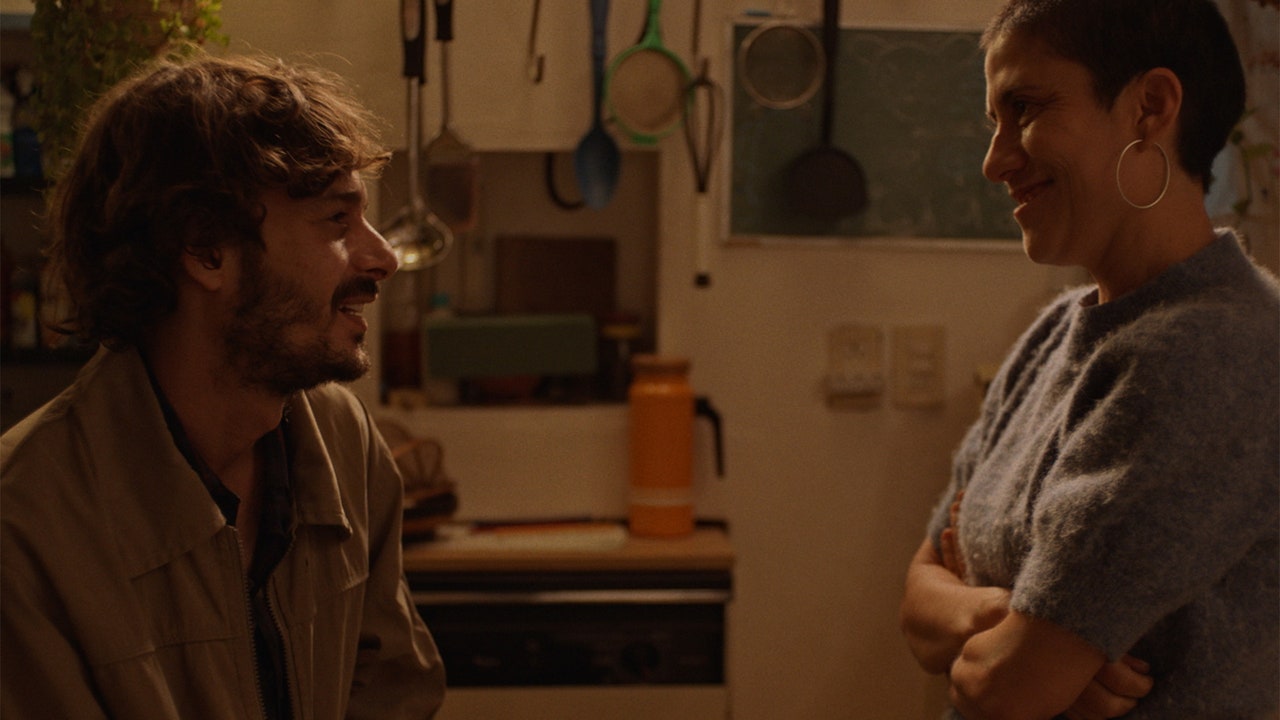The chaos in Tótem never lets up, and yet this compact, immensely moving film never tires its viewer out. Instead, writer-director Lila Avilés weaves together a dizzyingly authentic tapestry of quotidian Mexican life, gathering a big family for a surprise party and swirling from perspective to perspective, finding grace in the dysfunction that arises in the wee hours. The camera is as attuned to poetic elements of nature as it is to the messy, grimy familiarity between loved ones. (The film begins on one character’s long search for a place to go “number two” while accompanied by her mother.) That the whole enterprise feels kind of like a trip home is no accident. “I wanted to explore the concept of home as a microcosm,” Avilés tells Vanity Fair. “It links us to what we love.”
This year’s Mexican entry for the best-international-feature Oscar, Tótem has met rave reviews since its premiere in Berlin way back in February. Sideshow and Janus films have mounted a robust campaign on the fall festival circuit in the US, and just celebrated the film’s Gotham Award nomination for best international feature, beating out some stiff competition. It’s another accomplished work from Avilés, who broke out with 2018’s The Chambermaid, showcasing confidence in her lyrical, loose approach to a story that contains remarkable specificity and detail. She also platforms a discovery in Naíma Sentíes, the exceptional young actor who plays seven-year-old Sol, the focal point of this wide-ranging family portrait, who slowly comes to realize the painful undercurrent of this joyful gathering—an understanding that allows the film to gain new resonance in its wrenching final act.
Avilés spoke with Vanity Fair about her inspirations, techniques, and challenges. Read on below, where you can also watch the exclusive trailer for Tótem.
Vanity Fair: This film has a beautifully chaotic quality in the way you capture a family gathering. It’s quite different from the quieter hotel setting of your first film, The Chambermaid. How did that shift feel as a director?
Lila Avilés: It was nice for me to go in a different way, because sometimes there’s prejudice. I always thought, “Oh, maybe people won’t like it because it’s not very Chambermaid, but I want to do it like this.” I’m super happy and touched that people appreciate it like it is. For me as a filmmaker with this second film, what feels nice is that the most important thing is the story. It’s not your statement, it’s not your style. It’s more important for the story to find the best way possible to follow that path.
So what direction did you go in? There’s a real improvisational feel to the film, did you use a lot of that during production?
I improvise a lot. In my normal life and in filming. [Laughs] I’m not so dogmatic. I write a lot—I have all my notebooks—but I let things happen. I love when actors feel comfortable; I love to be with them. I work half with [professional] actors, half with non-actors. It’s super important to have that feeling that they are vibrant and alive. I think that’s the beauty of directing. I cannot imagine directing and not being near people. I love to play with them.
How did that impact the film, versus your initial conception of it in the script stage?
I knew from the script that I wanted to gain some chaos. Like the small girl Sol, I wrote her like she was more annoying. But Naíma was so beautiful and so wonderful that I couldn’t go that way. That’s the beauty of her essence. It’s like teachers. You have these teachers saying, “Hey, don’t move, don’t do this, don’t do that.” But you need to let her be, and to find her own way.




